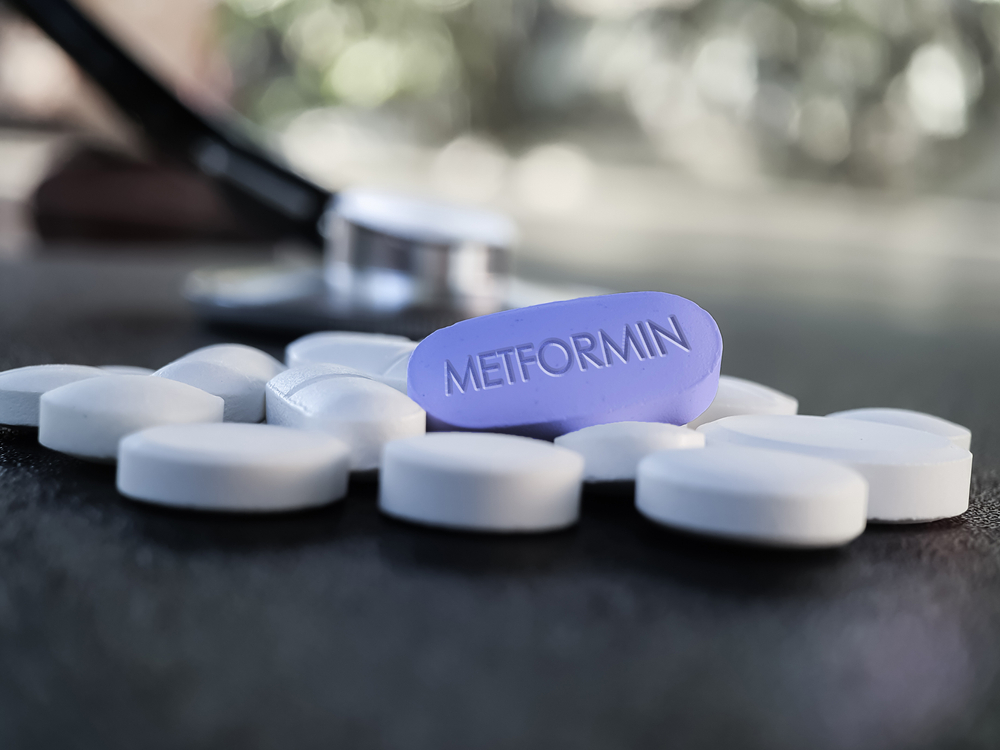
In the general population there are associations between hypomagnesemia and cardiovascular events and between hypermagnesemia and overall mortality. However, according to Isabel Galán Carrillo, MD, and colleagues, the data in patients with chronic kidney disease (CKD) are not as strong. The researchers conducted an observational study to examine the relationship between serum magnesium (SMg) concentration and cardiovascular morbidity and mortality, all-cause mortality, and progression to kidney failure in a population of patients with CKD. Results were reported in the Journal of Renal Nutrition [2021;31(5):494-502].
The study included 746 patients with CKD. Baseline characteristics and analytical profile were collected at the first study visit. Patients were followed for a mean of 42.6 months. Mean age was 70 years, 62.9% of the cohort were male, 45.2% had CKD stage 3, and 35.9% had CKD stage 4. Mean SMg concentration was 2.09 mg/dL, with a close correlation between SMg concentration and serum creatinine, phosphorus, and intact parathyroid hormone (iPTH) values.
There was an association between use of calcitriol and higher SMg concentration; calcium supplements and proton pump inhibitors were associated with lower SMg concentration.
In both unadjusted and adjusted analysis, patients with hypermagnesemia had an overall higher risk of cardiovascular events (adjusted hazard ratio [aHR, 1.34; 95% confidence interval [CI], 1.02-1.77; P=.037). Patients with hypermagnesemia also had a higher risk of all-cause mortality (HR, 1.54; 95% CI, 1.00-2.31; P=.049).
Following a propensity score matching for SMg concentration, the researchers identified two comparable groups of 287 patients each. Again, the group with hypermagnesemia had higher all-cause mortality, that persisted in the Cox model adjusted for calcium, phosphorus, and iPTH. There was no association between SMg concentration and initiation of kidney replacement therapy.
In conclusion, the authors said, “Magnesium concentration increases with decreasing kidney function. Hypermagnesemia predicts cardiovascular events and all-cause mortality in this same population, Thus, magnesium supplementation should be used with caution in these patients.”







 © 2025 Mashup Media, LLC, a Formedics Property. All Rights Reserved.
© 2025 Mashup Media, LLC, a Formedics Property. All Rights Reserved.